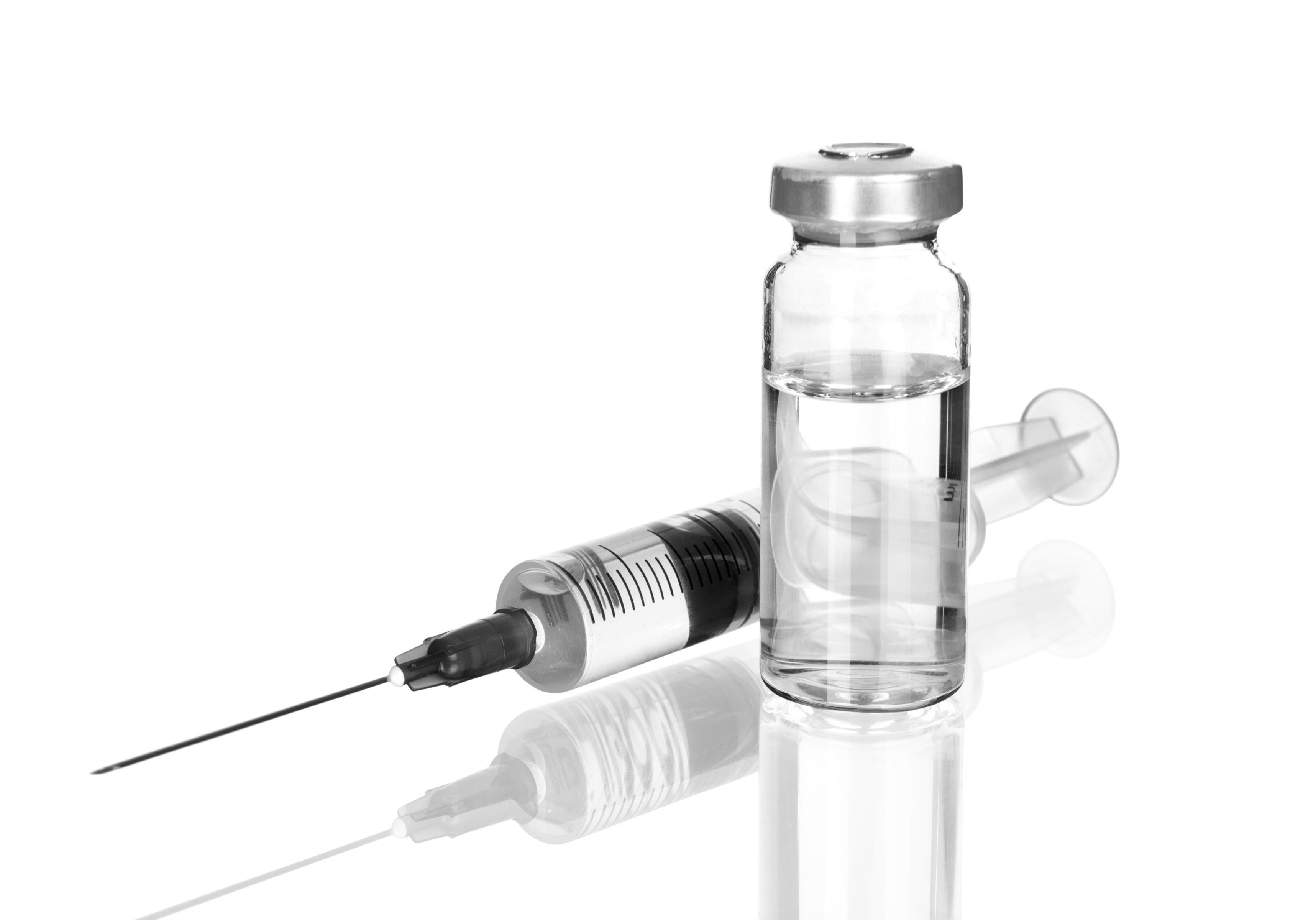
Cortisone is a steroid hormone produced naturally by your body’s adrenal glands. It can also be made synthetically. Cortisone – as a therapy – is used to repair and minimize damage to your joints so an athlete can continue to work out or as part of a physical rehabilitation for a more serious injury.
How do Cortisone shots work?
- Cortisone shots are designed to lessen inflammation – something that happens when your immune system falsely believes that there’s a foreign substance invading your body. Your immune system’s reaction restricts movement and causes pain.
- Cortisone is a steroid, but it’s different from testosterone-based anabolic steroids that cause major side effects. Most of them are banned in professional sports.
What parts of the body and health conditions benefit from Cortisone shots?
There are several joints that Cortisone injections can treat. These include:
- Elbow – often called tennis elbow or golfer’s elbow
- Shoulder – inflammation of the rotator cuff tendon, for example
- Knee
There are also several conditions that cortisone is used to treat. Although cortisone is a treatment, it is not a pain reliever. The pain associated with the condition will likely lessen after the cortisone injection. Conditions that cortisone is used to treat include:
- Bursitis – swelling/inflammation in the bursa sacs
- Arthritis
- Tendonitis
- Plantar Fasciitis
- Back pain from injured discs
- Carpal tunnel syndrome
What are some less serious side effects of cortisone shots?
Cortisone shots are administered in limited doses in an effort to cause as few side effects as possible. Less serious side effects include:
- Acne, dry skin, or thinning skin
- Bruising or discoloration of skin
- Insomnia
- Mood changes
- Increased sweating
- Headaches
- Dizziness
- Nausea, stomach pain, or bloating
- Slow wound healing
- Changes in the shape or location of body fat
What are some more serious side effects of cortisone?
Other, more serious side effects can occur when getting cortisone treatments. It’s important to talk to your doctor and let him or her know about any medical conditions, because there is a long list of medical conditions in which cortisone should not be used.
Cortisone also causes your immune system to weaken, so you shouldn’t take cortisone shots if you’re recovering from an infection or if you currently have an infection. You should also steer clear of sick people while you’re taking cortisone shots.
Some of the more serious side effects of cortisone injections include:
- Vision problems
- Swelling
- Rapid weight gain
- Shortness of breath
- Severe depression or unusual thoughts or behaviors
- Seizures
- Bloody or tarry stools
- Coughing up blood
- Symptoms of pancreatitis
- Low potassium
- Dangerously high blood pressure
You’ll have to seek medical help immediately if you have any of the above symptoms. Often, you can experience withdrawal symptoms from stopping cortisone treatments, so you shouldn’t stop Cortisone injections without first talking to your doctor.
